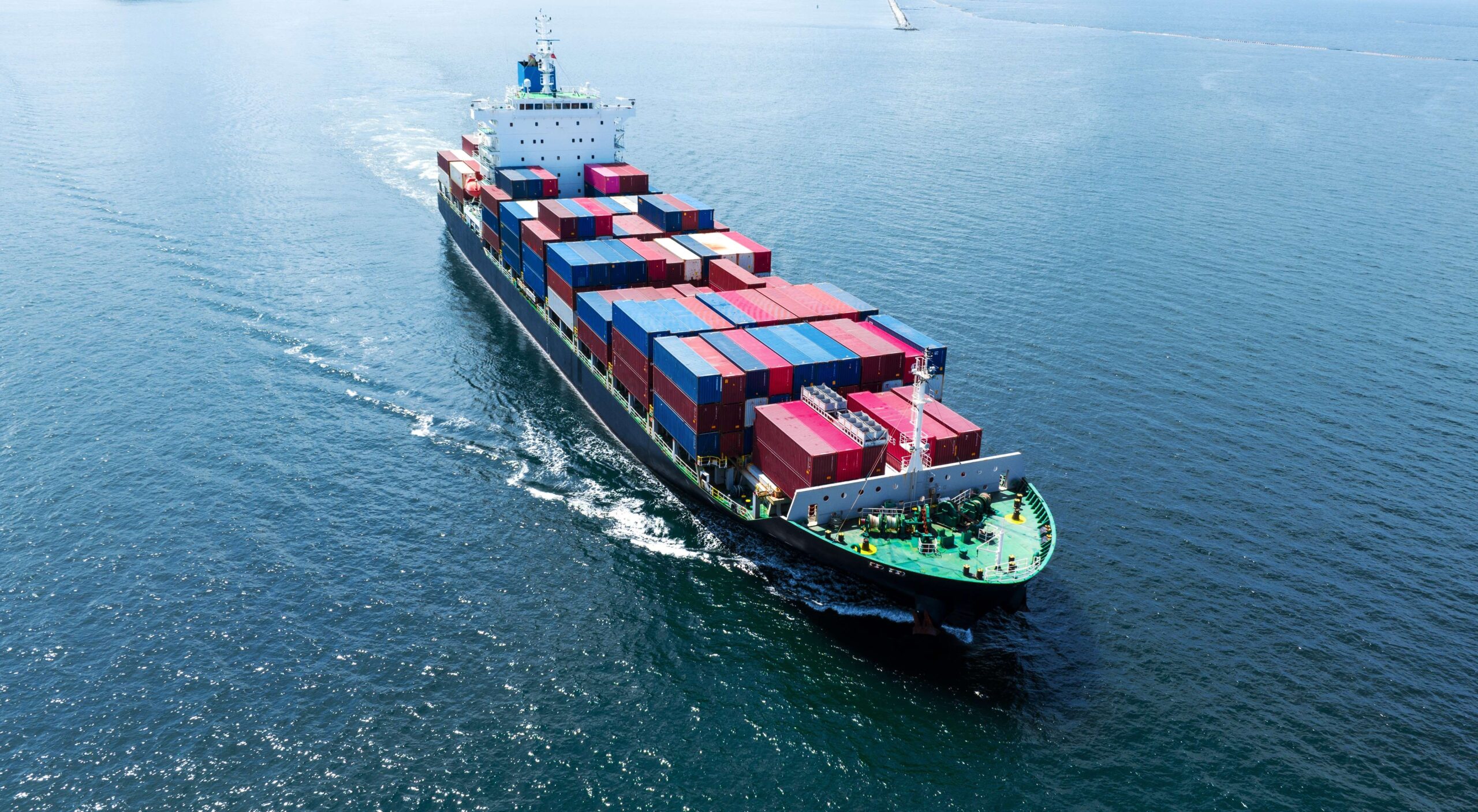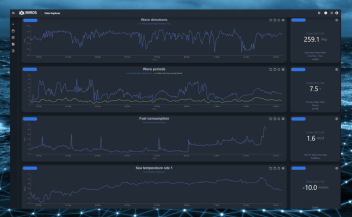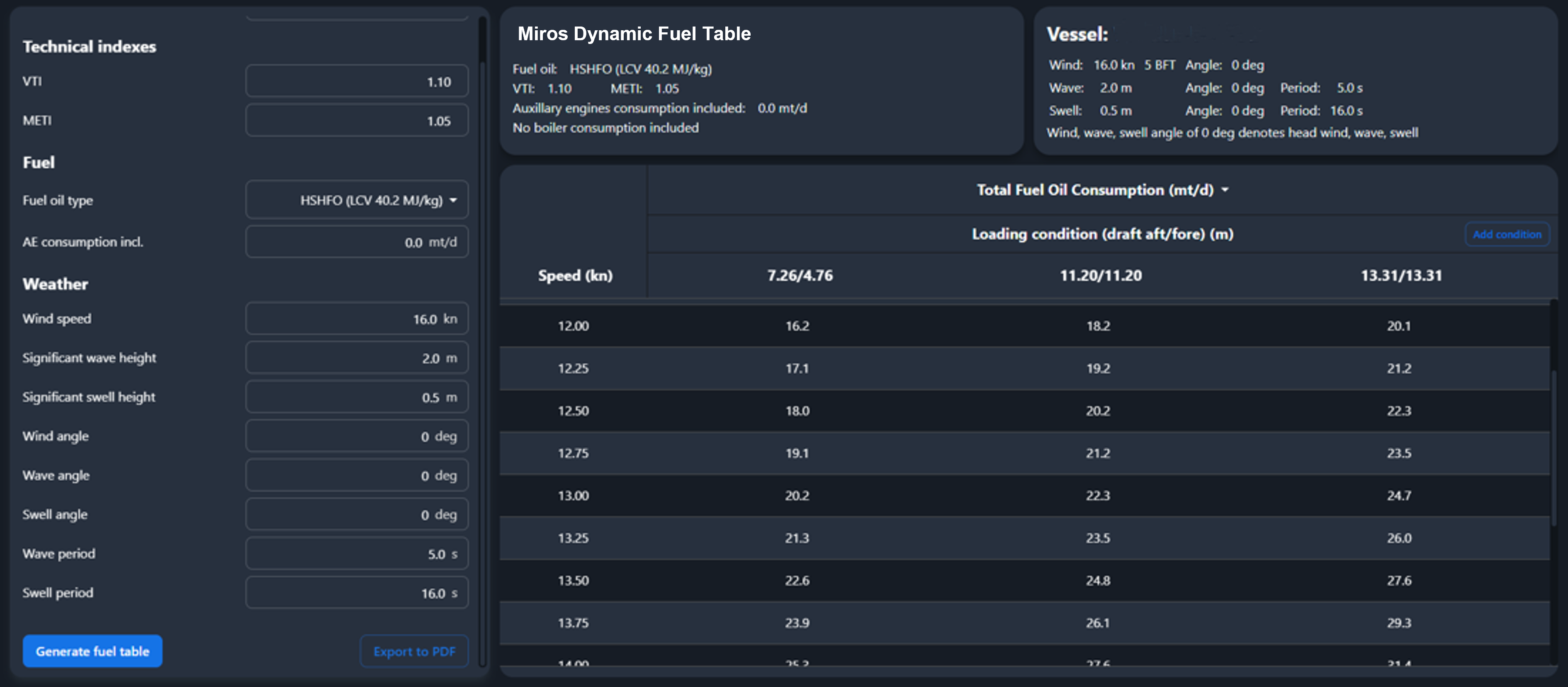Dynamic Fuel Table
Traditional fuel tables rely on estimates, missing real-world factors like wind, waves and currents. Miros’ Dynamic Fuel Table delivers real-time insights, helping operators cut costs, reduce emissions, and optimize operations. With accurate analytics and an intuitive dashboard, you can optimize speed, routing, and fuel planning for maximum efficiency and sustainability.
Read more ↓




Can Your Fuel Table Account for Wind, Waves, and Currents?
Optimize Fuel Efficiency with Real-Time Data
Miros’ Dynamic Fuel Table leverages high-frequency data from advanced radar-based sensors, enabling operators to accurately calculate, monitor, and manage fuel consumption in real-time.
Traditional fuel tables, created during the design phase and adjusted after sea trials, often fail to reflect real-world fuel consumption due to external factors like wind, currents, waves, or later vessel modifications.
With precise efficiency data across your vessel’s full operating range, you can enhance your commercial and competitive edge while improving sustainability.
By continuously measuring real Speed Through Water (STW) and adjusting for environmental forces, operators can optimize vessel speed, routing, and fuel consumption planning, leading to significant cost savings and lower emissions. This ensures fuel calculations and planning will be based on true, accurate, and actionable insights.

Why Dynamic Fuel Table?
Due to highly accurate speed-through-water measurements, the system eliminates errors from traditional log sensors and enables real-time fuel optimization.
The dynamic fuel table helps to adjust fuel consumption estimates based on real-time data, such as weather, load, speed, and hull fouling. This allows ship operators to optimize speed and routing, leading to significant fuel cost reductions.
With its ability to track and optimize vessel performance, the application allows shipowners to reduce excess fuel consumption leading to lower CO₂ emissions. This helps to comply with IMO regulations like EEXI and CII and facilitates reporting for environmental certifications and regulatory audits.
The dynamic fuel table supports greener shipping strategies and ESG commitments by optimizing fuel efficiency and reducing carbon footprint.
The system validates the effectiveness of Energy-Saving Devices (ESDs) and hull or propeller modifications by providing transparent, evidence-based performance metrics that allow benchmarking across vessels and fleets, helping operators identify best practices and areas for improvement.
Unlike static fuel tables, which rely on fixed assumptions, a dynamic system adapts to actual operating conditions, improving accuracy in voyage planning. This helps shipping companies better predict fuel needs and avoid unnecessary bunkering stops.
Also, by eliminating reliance on underwater sensors, the system minimizes maintenance and biofouling issues, enhances data-driven decision-making to cut unnecessary fuel consumption, and reduces OPEX by optimizing vessel speed and routing based on real-time sea conditions.
By delivering objective performance data, the solution enables performance-based charter party contracts, can ensure fuel savings benefit all stakeholders, and can reduce disputes over vessel efficiency with clear, sensor-driven insights.
More accurate fuel data leads to better cost estimation for charters and freight customers. A dynamic fuel table helps avoid unexpected fuel surcharges and improves trust in cost projections.
Data Analysts: Data Explorer is a great tool for data analysts who want to dive deep into their data and discover meaningful insights. With Data Explorer’s powerful querying and visualization features, you can quickly identify patterns and trends in your data that might otherwise be difficult to spot.
Operations teams: Can use Data Explorer to gain a better understanding of their operations and make data-driven decisions.
Site managers: With the ability to analyse data from multiple sources, Data Explorer can help site managers to identify opportunities for optimising their processes and reach their operational targets.
Who can benefit?
By providing real-time, accurate data on vessel performance and environmental conditions, Miros’ Dynamic Fuel Table empowers maritime stakeholders to make informed decisions that enhance efficiency, sustainability, and profitability.
Ship owners and operators looking to improve vessel performance, can validate investments in energy-saving technologies, and reduce operational costs.
Charterers can benefit from ensuring vessels meet performance warranties and optimizing fuel consumption during charters.
Fleet managers and vessel performance analysts can monitor and enhance the performance of multiple vessels within a fleet, enabling data-driven decision-making for efficiency gains.
Additionally, maritime environmental compliance officers can rely on the solution to track and reduce emissions while ensuring adherence to evolving environmental regulations.


Contact Us
We’re happy to help you with any questions about our products and services.
